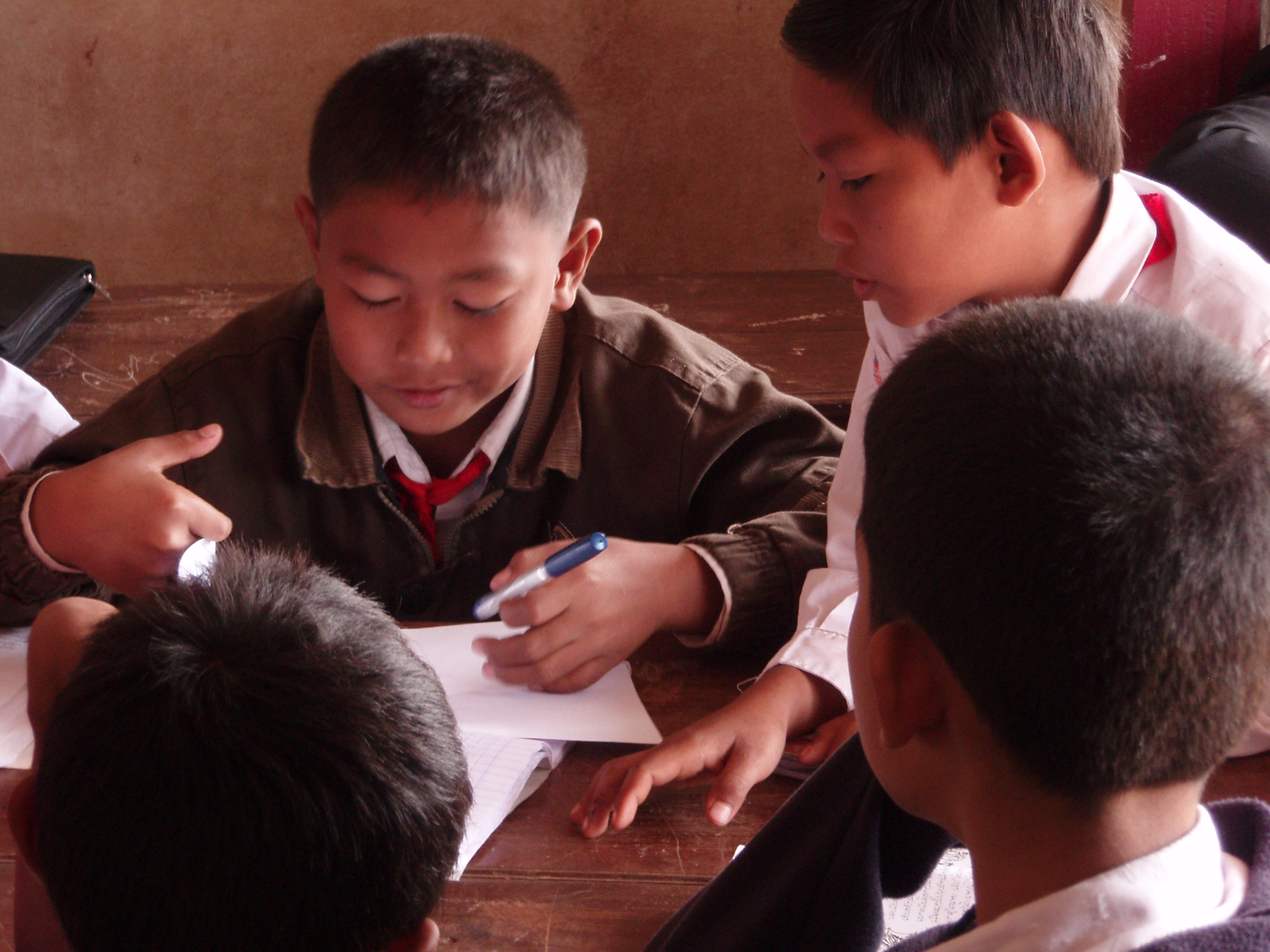Parenting ADHD adolescents
- Understanding ADHD
- Managing ADHD Behavior
- Lifestyle and ADHD: Solutions and Strategies
- Building a Positive Environment Around Your ADHD Child
Managing ADHD Behavior
Addressing Impulsivity in Adolescents with ADHD

Neurodevelopmental disorder.
Impulsivity is a common characteristic of Attention Deficit Hyperactivity Disorder (ADHD). It can manifest in various ways, such as interrupting others, acting without thinking, or having difficulty waiting their turn. While impulsivity can be challenging, it's important to remember that it's a part of the ADHD diagnosis and not a reflection of the child's character.
Understanding the Nature of Impulsivity in ADHD
Impulsivity in ADHD is not a choice; it's a result of differences in brain function. The prefrontal cortex, the part of the brain responsible for decision-making and impulse control, often works differently in people with ADHD. This can lead to actions that seem impulsive or thoughtless. Understanding this can help in managing expectations and developing effective strategies to address impulsivity.
Strategies to Manage Impulsive Behavior
There are several strategies that can help manage impulsive behavior in children with ADHD:
-
Set Clear Expectations: Make sure your child knows what is expected of them in different situations. This can help them understand the consequences of their actions and make more thoughtful decisions.
-
Use Visual Aids: Visual aids can be a great tool for children with ADHD. They can help your child visualize the steps they need to take before acting on an impulse.
-
Practice Delayed Gratification: Teaching your child to wait for rewards can help them learn to control their impulses. Start with short waiting periods and gradually increase them as your child gets better at waiting.
-
Provide Immediate Feedback: Children with ADHD benefit from immediate feedback. If your child acts impulsively, calmly explain what they did wrong and what they could do differently next time.
Techniques to Promote Thoughtful Decision-Making
Promoting thoughtful decision-making is a long-term strategy for managing impulsivity. Here are some techniques that can help:
-
Teach Problem-Solving Skills: Teach your child how to approach problems methodically. This can help them slow down and think things through before acting.
-
Encourage Mindfulness: Mindfulness can help your child become more aware of their thoughts and impulses. This awareness can give them the space they need to choose their actions more thoughtfully.
-
Model Thoughtful Behavior: Children learn a lot from observing the adults in their lives. By demonstrating thoughtful decision-making, you can provide a powerful model for your child to emulate.
Remember, managing impulsivity is a journey, not a destination. It's important to celebrate progress, no matter how small, and to be patient with setbacks. With time, understanding, and the right strategies, you can help your child learn to manage their impulsivity effectively.